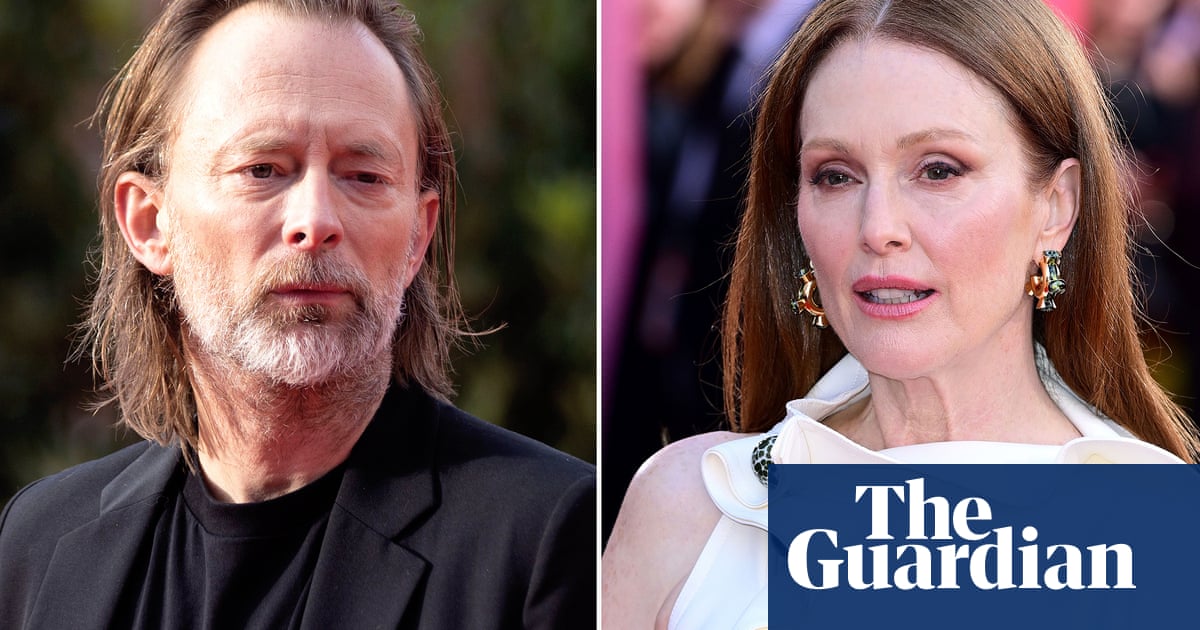Abba’s Björn Ulvaeus, actor Julianne Moore, and Radiohead singer Thom Yorke are among the 10,500 signatories of a statement from the creative industries warning artificial intelligence companies that the unlicensed use of their work poses a significant and unjust threat to artists’ livelihoods.
The statement comes in the midst of legal disputes between creative professionals and tech companies regarding the use of their work to train AI models like ChatGPT. It is claimed that using their intellectual property without permission constitutes a copyright infringement.
“The unauthorized use of creative works for training generative AI poses a major and unjust threat to the livelihoods of the individuals behind those works and must not be allowed,” the statement reads.
Thousands of creative professionals from literature, music, film, theater, and television have endorsed the statement. Authors such as Kazuo Ishiguro, Ann Patchett, and Kate Mosse, musicians like Robert Smith from The Cure, composer Max Richter, as well as actors Kevin Bacon, Rosario Dawson, and F Murray Abraham are among the supporters.
The organizer of the letter, British composer and former AI executive Ed Newton-Rex, expressed deep concern about the situation, stating that individuals who rely on creative work for their livelihoods are very apprehensive.
“Generative AI companies require three key resources to build AI models: people, computing power, and data. They invest large sums in the first two, sometimes up to a million dollars per engineer and up to a billion dollars per model. However, they expect to obtain the third resource – training data – for free,” he explained.
Newton-Rex, who previously served as the head of audio at tech company Stability AI, resigned last year due to the company’s belief that utilizing copyrighted content to train AI models without a license falls under “fair use,” a term in US copyright law which suggests that permission from the copyright owner is not required.
Newton-Rex added, “When AI companies refer to this as ‘training data,’ they dehumanize it. We are talking about people’s work – their writing, art, and music.”
In the US, authors such as John Grisham, Jodi Picoult, and George RR Martin are suing ChatGPT developer OpenAI for alleged copyright infringement. Additionally, artists are taking legal action against tech firms behind image generators, and major record labels like Sony Music, Universal Music Group, and Warner Music Group are suing AI music creators Suno and Udio.
Newton-Rex also cautioned against a proposed “opt-out” system for scraping content being considered by the UK government, stating that it would be highly detrimental. Recent reports from the Financial Times indicated that ministers are planning to introduce a scheme that would allow AI firms to extract content from artists and publishers unless they actively choose to opt out.
Last month, Google, a significant player in AI, called for the relaxation of restrictions on text and data mining (TDM) in the UK, a practice where copying copyrighted works is permitted for non-commercial purposes like academic research.
Newton-Rex argued that the opt-out proposal is flawed since most individuals are unaware of such schemes.
“I have managed opt-out schemes for AI companies,” Newton-Rex stated. “Even the most well-organized opt-out schemes are overlooked by the majority of individuals who have the opportunity to opt out. You often don’t hear about it, and you miss the email.
“It is entirely unfair to place the burden of opting out of AI training on the creators whose work is being used for training. If a government genuinely believed this was beneficial for creators, it would establish an opt-in scheme.”
Newton-Rex emphasized that the number of signatories to the statement and the diverse range of creative talent they represent clearly demonstrate that creators would view an opt-out scheme as “completely unfair.”
The statement is also endorsed by various creative industry organizations and companies, including the American Federation of Musicians, the US actors’ union SAG-AFTRA, the European Writers’ Council, and Universal Music Group.
